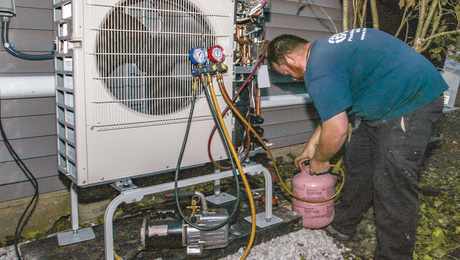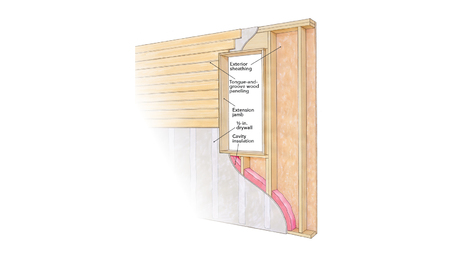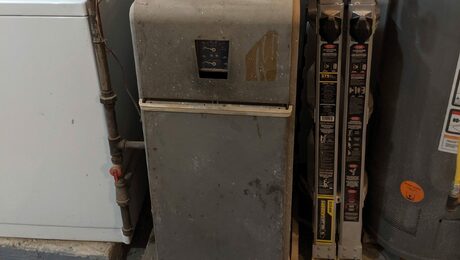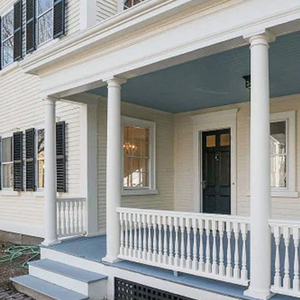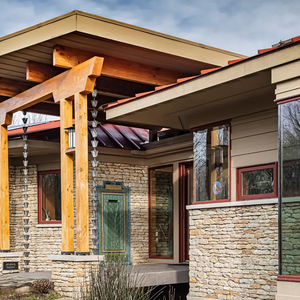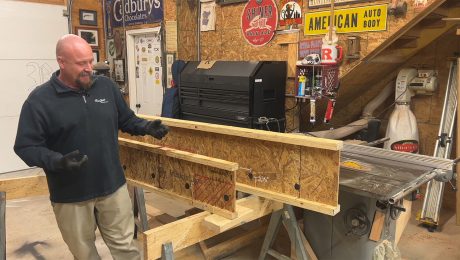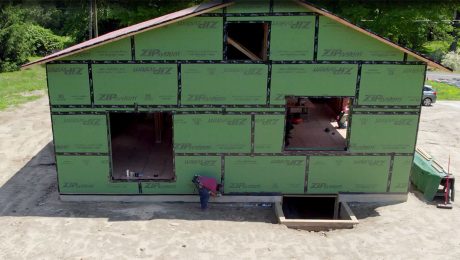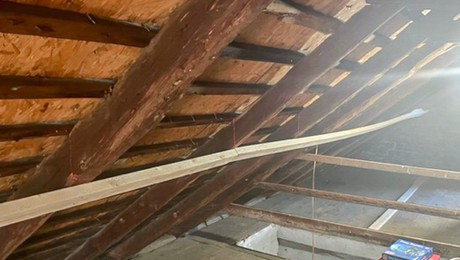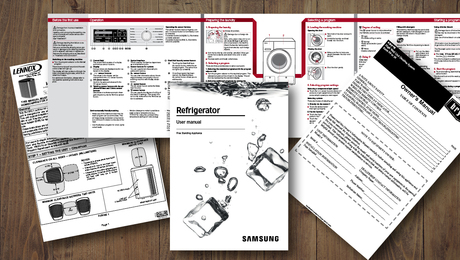Major Mold Mitigation
Fixing a house with a small, unsealed crawlspace and a mold problem is complicated, but it can be done.
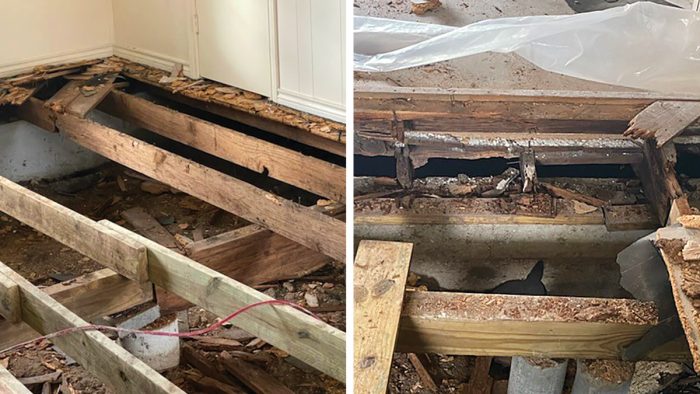
I’m a project manager for a custom builder in the Cleveland, Ohio, area. My wife and I are house shopping and we recently looked at a three-bedroom ranch that smelled badly of mold. The hardwood flooring was also cupped and swollen in every room.
When I opened an access panel behind a tub, I saw dirt 1 in. from the bottom of the floor joists, and when I reached in there, I found no sign of a vapor retarder of any kind. We made a lowball offer that was declined, but another buyer’s offer was accepted.
I feel bad for whoever bought this house because I think purchasing a house like this could ruin you financially. What can be done besides tearing it down and starting over? Maybe there should be a law requiring mold tests as part of real estate transfers.
— Matthew; Cleveland, Ohio
Evan Bache-Wiig, of All Mold Pro in Dallas, Texas, Replies:
I have come across very moldy early 20th–century homes in my area, usually with unsealed crawlspaces too small to move around in and one with a long-term water leak. Assuming the rest of the house is okay, I don’t think this house needs to be scrapped, but fixing it is complicated by how little space there is under the house. Here’s what I would do:
- Remove all flooring, subflooring, base cabinets, and floor-mounted built-ins.
- Cut and remove the drywall and insulation 2 ft. up on exterior and interior walls.
- Excavate the crawlspace by hand as much as possible to install a vapor retarder across the soil.
- If you find mold in wall cavities with plumbing and electrical penetrations in the bottom plate, remove the drywall from floor to ceiling, and use a cleaner like Concrobium Mold Control followed by an anti-fungal paint.
- Check the attic to make sure that soil moisture has not migrated up through the walls into the attic, creating mold or decay on attic framing and sheathing.
You suggest that there should be a law requiring mold inspections. I think that would be too much to legislate, but I strongly agree that buyers should get a comprehensive home inspection that examines all the house’s major systems and a second inspection that looks for mold. For mold inspections and remediation, refer to your local laws, as places like Florida, New York, and Texas have regulations that govern who is qualified to handle mold-related work.
— Evan Bache-Wiig; licensed expert at All Mold Pro in Dallas, Texas
RELATED STORIES
- The Mold Explosion: Why Now?
- Buyer Beware: Mold and Poor Construction Make an Expensive Mess
- The No-Mold Finished Basement
Need help?
Need help figuring out when to remediate or demolish a moldy house or have a different question? Get answers you can trust from the experienced pros at FHB. Email your question to Experts@FineHomebuilding.com.


